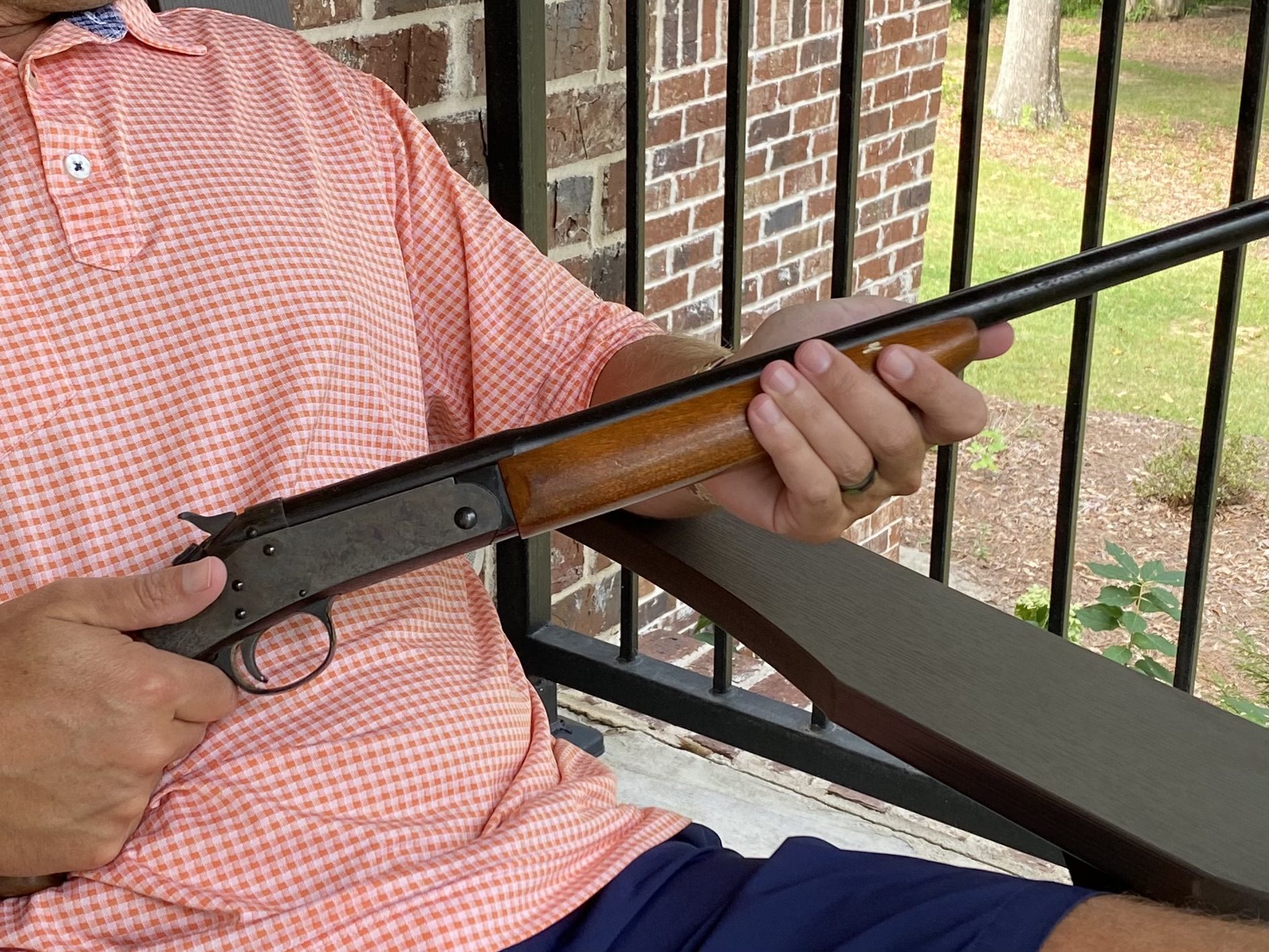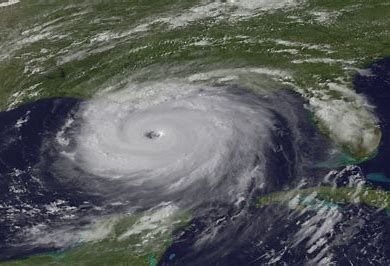
- Outdoor columnist Ben Smith says a deer’s sense of smell is their best defense against being killed during hunting season. He offers a few tips to avoid being detected.
I think that most deer hunters can agree that the best thing you can see while hunting is a giant buck providing you with a good shot opportunity. Those days are rare, and you usually don’t forget them when they happen. On the other hand, the worst thing you can see while hunting, in my opinion, is nothing. Not a bird, a squirrel, and certainly not a deer. That’s a tough day hunting and it happens far more often than the days where you see big bucks. Still, a bad day hunting is better than a good day doing a lot of other things.
So, what’s the cause for those days when you don’t see anything? There are obviously several different reasons for not seeing deer. One could be that they just aren’t up and moving. Another could be that they are moving in a location where you aren’t at. The weather can affect deer movement, as well. Or, and here’s a classic excuse, your neighbor might be feeding them better than you are. You could just be a bad hunter, as I am in most cases, or you could be getting smelled.
I want to take a moment to discuss that last option because for one reason, or another, I’ve had more deer blow at me this year than the last five years combined. If you’ve never had a deer blow at you then you probably haven’t been hunting much. It happens to all of us at some point. There’s never a perfect way to make sure the deer don’t smell you. There are, however, ways you can do your best to avoid being busted before you get the opportunity to fill the freezer.
A deer’s sense of smell is their best defense against being killed during hunting season. For starters, they have about 290 million olfactory receptors. This is what allows them to smell so well. What is that you might ask? Well, I’m not a biologist, or zoologist, so I had to look that up myself. Olfactory receptors are special cells that detect the tiny molecules that substances with smell give off. These receptors relay that information to the brain that perceives what that smell is. And since I know from plenty of experience that a deer’s sense of smell is great, 290 million of those suckers must be a lot. In comparison, humans only have around 5 million of them. To me, that still has to be a lot because my wife can tell when I’ve eaten spaghetti three days later after I’ve brushed my teeth and rinsed my mouth several times. Dogs, also known for their great sense of smell, have around 220 million olfactory receptors.
How far can a deer smell you with all of those receptors? Studies have shown that when the wind is right a whitetail deer can smell you from a half of a mile away, and even in some cases over a mile. Now, I don’t know anyone that can shoot a deer from a mile away so if you catch yourself on the wrong end of that wind odds are you won’t even know it was there. I’m practically deaf so a deer could be a half mile away blowing at me and I’d never even hear it. Ignorance is bliss, right?
But at a half mile there has to be a lot of different scents traveling through the air, right? Of course, but deer can also distinguish the difference between up to six different smells at one time. Their sense of smell is so important to their survival that they even have a separate part of the brain that the Lord gave them that is just for decoding different smells. This helps them avoid folks like me in the woods, and also helps them find food and other deer. Ever noticed how you can put a pile of feed out in the most random spot ever and a day later there are deer hammering it? That’s because they could smell that peanut butter rice bran from a half mile away, and peanut butter rice bran is apparently delicious.
Now that we know just how good deer can smell, how do we avoid being detected by them? Well, it’s a heckuva lot simpler to type than it is to actually do it. At this point in my life, I consider myself fairly seasoned in the hunting community, and knowledgeable enough to be dangerous. Even with all of that perceived knowledge I get busted all of the time. Your best bet is to always know the wind direction before choosing your hunting location. And yes, I know that there are about a million different scent blockers, or scent technology, out there all claiming that if you spray their product on you that you can be totally downwind of a deer with no worries. Well, I’m here to tell you that I’ve tried half of them and it’s all bullcrap. Sure, they may help mask your odor with a different odor, but deer are going to smell what you’ve sprayed on you regardless of what the label says.
Use the wind to your advantage. If your deer normally come from the north end of your food plot, don’t hunt that plot with a south breeze or your scent is going to blow right to them. Obviously, deer don’t always cooperate and come from the same direction each hunt, so this is still not a one hundred percent guarantee that you won’t be smelled. Also, do your best not to get a lot of different scents on your clothing. It’s a good policy to not wear your hunting clothing when you go eat at a Mexican restaurant. Instead, keep your hunting clothing separate and let them hang outside for a while ahead of your hunt. And avoid shampoos, deodorants, and soaps with strong scents. Opt for a product that says “scent free” even though it still probably isn’t scent free for something with 290 million olfactory receptors.
And the most important thing to remember is you can’t kill them from your couch. It’s late December, get up and go hunting!











